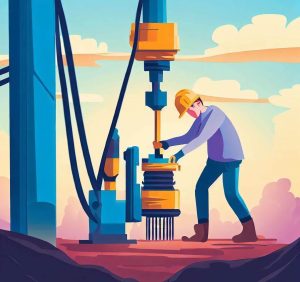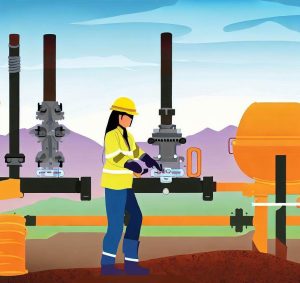Are you excited by a STEM career that’s always on the move? Jump into the world of Petroleum Engineering. Here, you’ll directly confront a variety of challenges and specialties in oil and gas production. As a Petroleum Engineer, you take the lead in designing and managing crucial oil extraction projects. Whether it’s drilling techniques or reservoir management, you set your distinct course. By choosing petroleum engineering, you play a pivotal role in driving energy solutions, ensuring efficient and sustainable extraction processes. If the idea of unlocking energy reserves inspires you and you dream of shaping our energy future, petroleum engineering beckons you.
Check out our knowledgebase for more information. Are you looking for your dream job in STEM? Look here.






